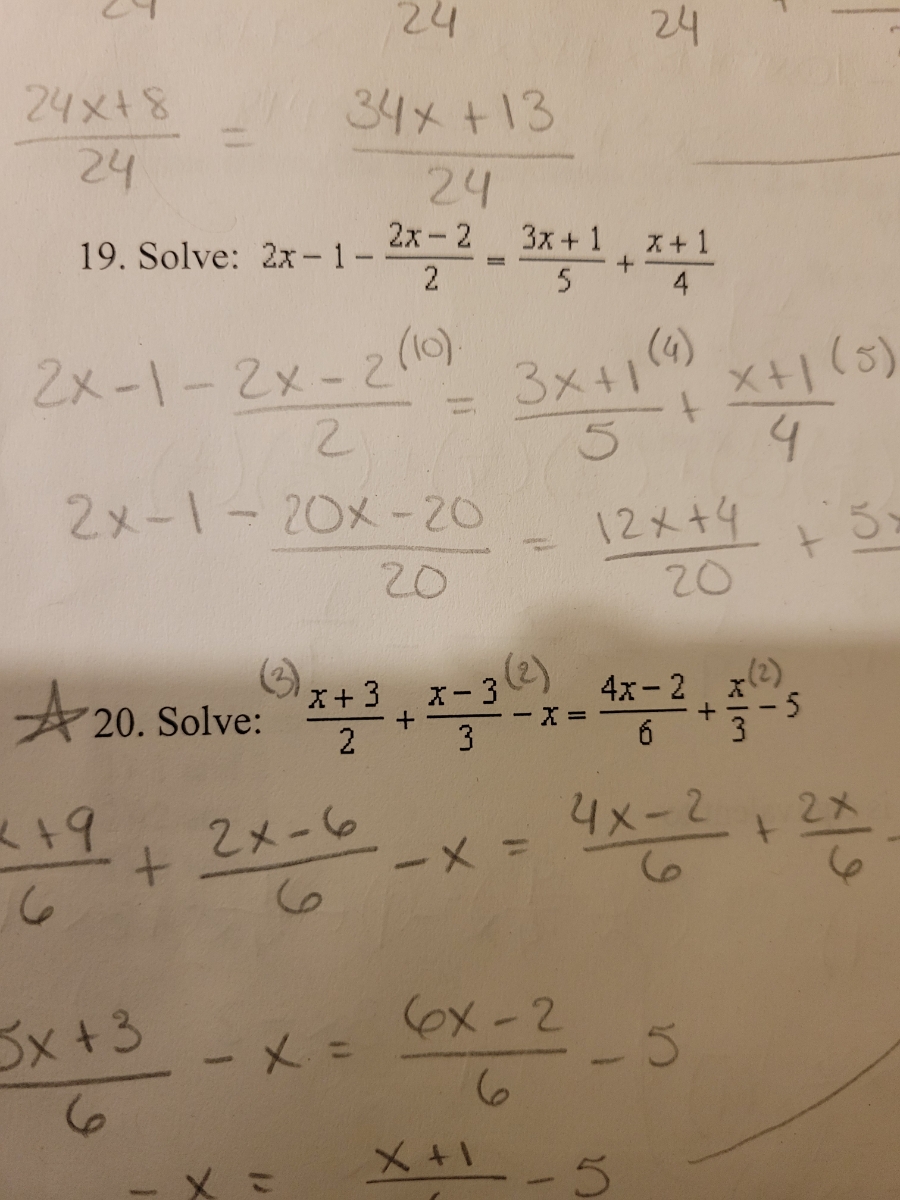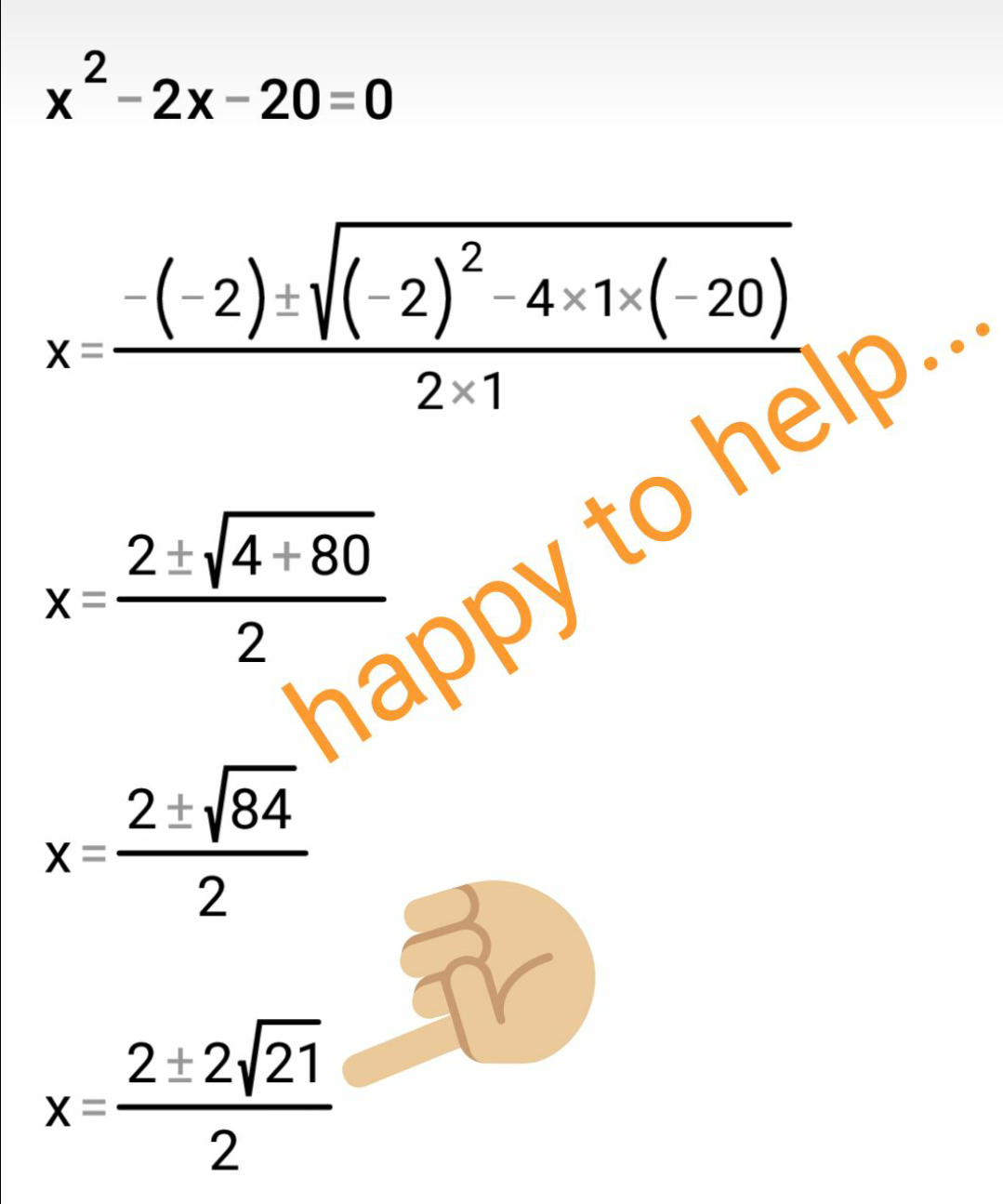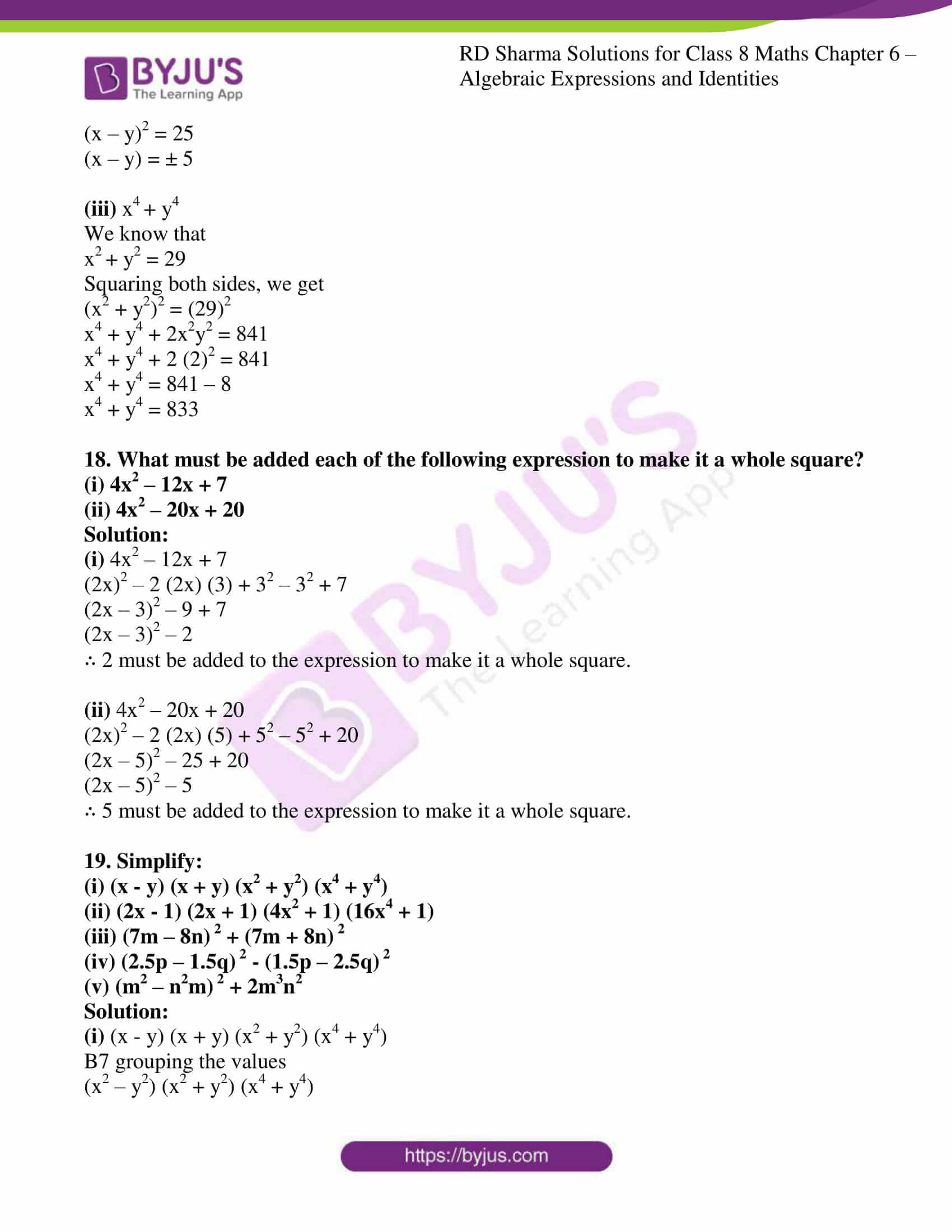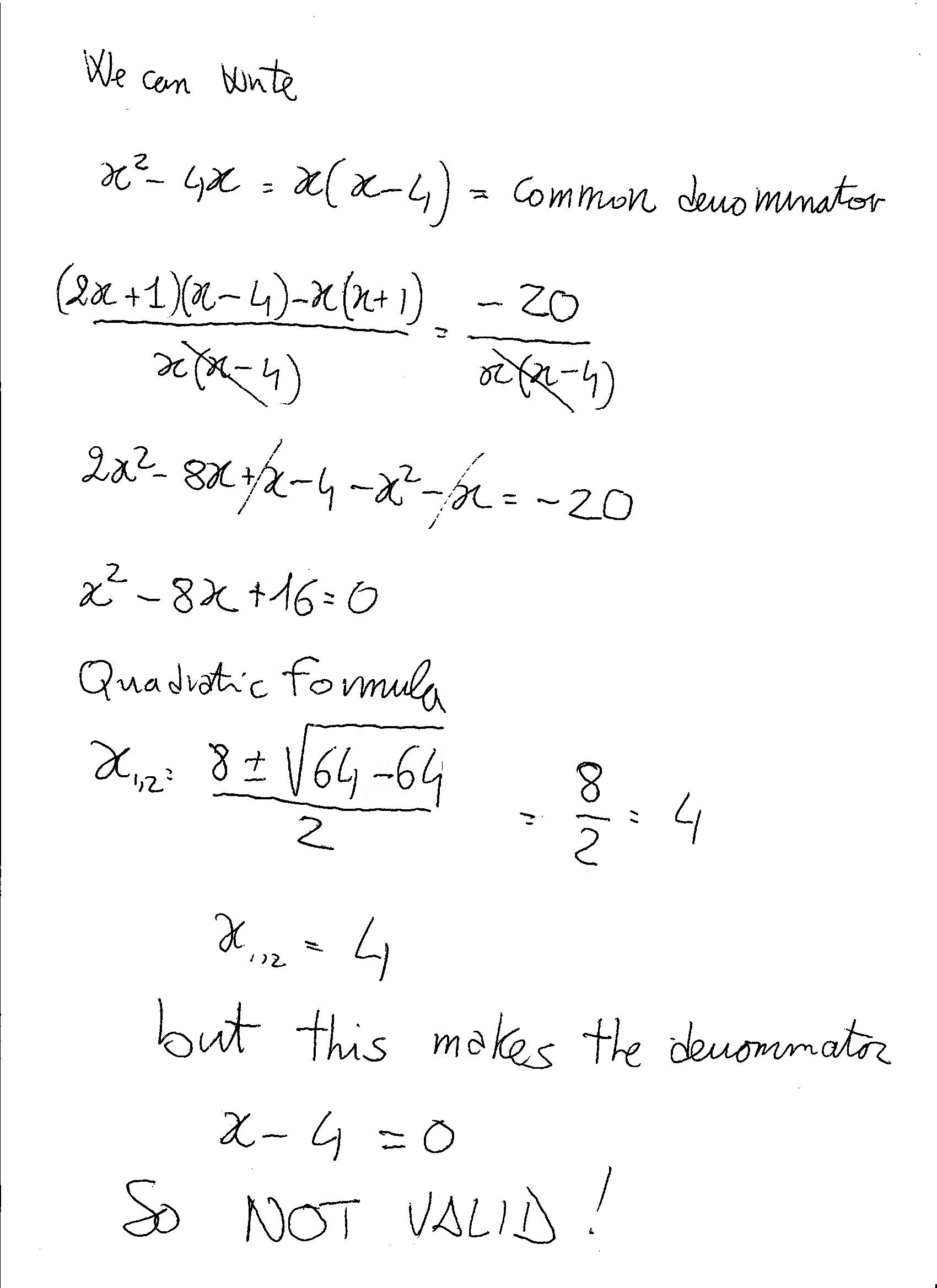
14. Solve x : (1) 48 - 1 (0-5)3 – 2x = () (ii) (43x + 5)2 · (24)4 = a8t + 12. (ii) (81)? – (1 + )*. 20 = 27 (iv) 23x + 3 = 23x + 1 + 48. (v) 3(2x + 1) – 2x + 2 + 5 = 0. (vi) 9x + 2 = 720 + 9% and ECISE 7 (C) ma siit wOVIC 8. Solve x : (13)V* = 44 – 34 – 6.





















